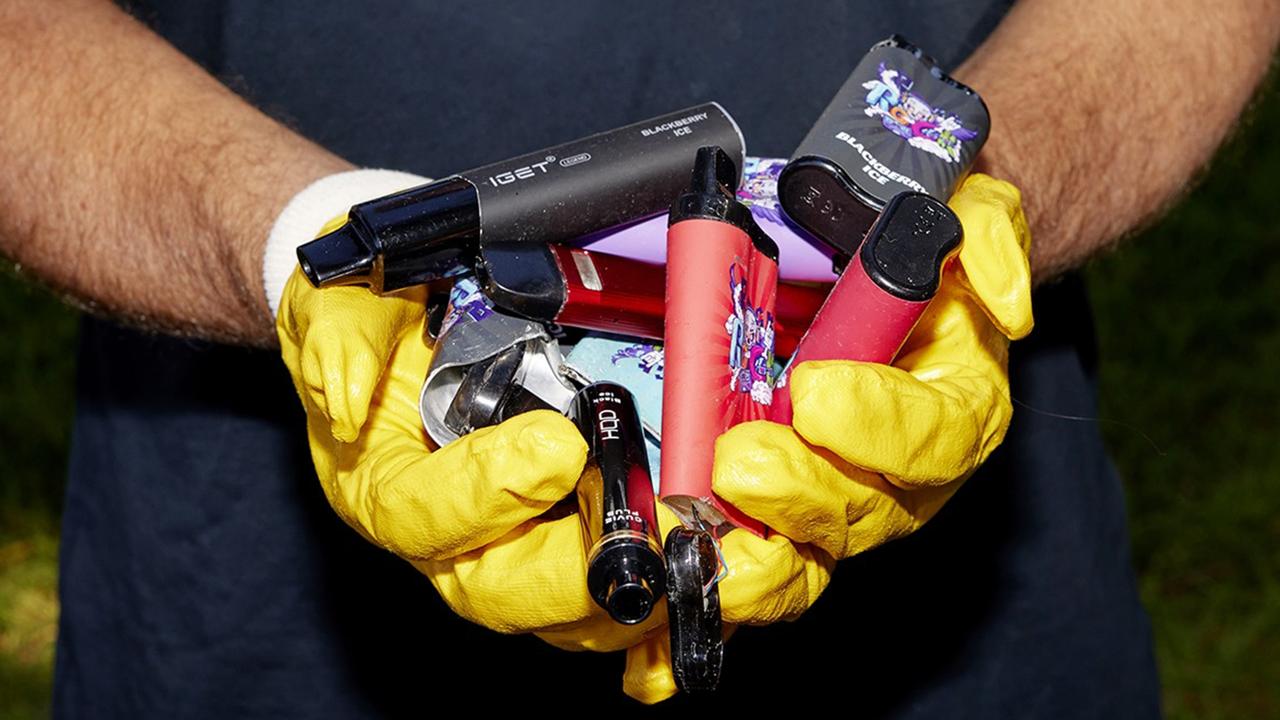Mission Zero: Primary school kids fighting against climate change
They may still be in primary school but students in classrooms across NSW and the ACT are already saving the planet. Hear what they are doing to tackle climate change in their own words.
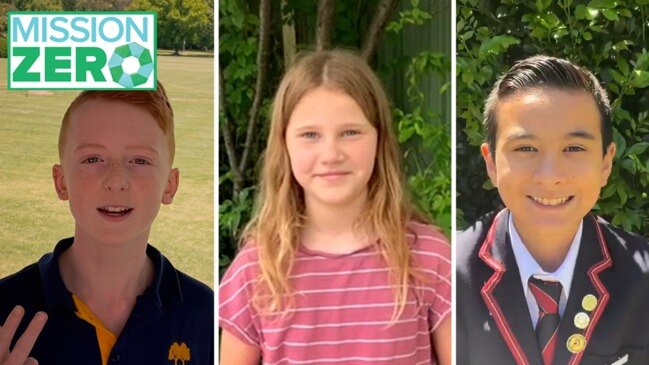
Environment
Don't miss out on the headlines from Environment. Followed categories will be added to My News.
Children are our future and today’s primary students are already considering their impact on the planet.
When it comes to understanding humanity’s impact on the environment, primary school students in NSW and ACT are wise beyond their years and are already devising ways of making an impact on our future.
Year 5 and 6 students across the region have spoken out about how they are taking personal responsibility for their impact on the climate - from reusing “single use” plastics to convincing their parents to take up solar - and schools across NSW and the ACT are doing their part to educate students about climate change.
When NewsLocal asked what climate change meant to them, primary students were open about their anxieties and what was needed to help protect the planet.
Year 5 student Eli, from Dubbo North Primary school said: “The planet is our only home and we need to all work together to protect it.”
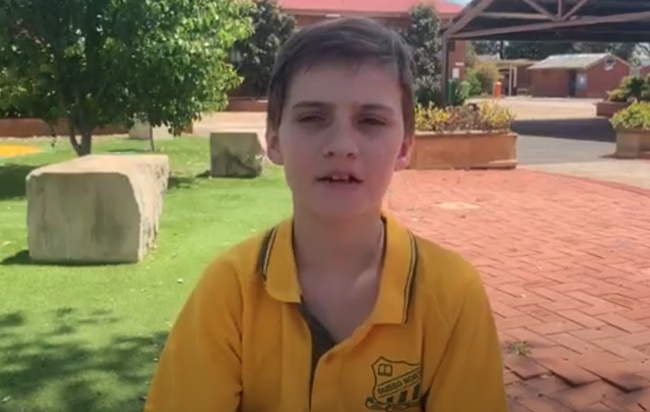
“I think climate change means the day will get hotter and hotter, getting rid of all the ice and snow, and no more cold days.
“I think it’s important to look after the planet because it is our home and we should protect it.
(The changes people can make to be more sustainable are) no smoking not littering, recycle and use reusable water bottles.”
Meanwhile, Shaye Wicker, a Year 6 student at Good Samaritan Catholic Primary School in Wollongong, said global warming would significantly impact future generations, including mine, if allowed to continue at its current rate.
“The environment is important for our future and the future of our Earth,” she said.
“It is important to look after all living and non-living things, like animals plants, and water.”
Lakes Grammar and Anglican Grammar School student Cohen Baldwin said the destruction of the environment had a “domino effect” on other aspects of society.
“When the environment is affected, everything is affected,” he said.
“The environment is the foundation of our planet it supplies us with with the resources to survive and grow in order to keep surviving and growing we must sustain and protect it to ensure its viability for our future and future generations.”
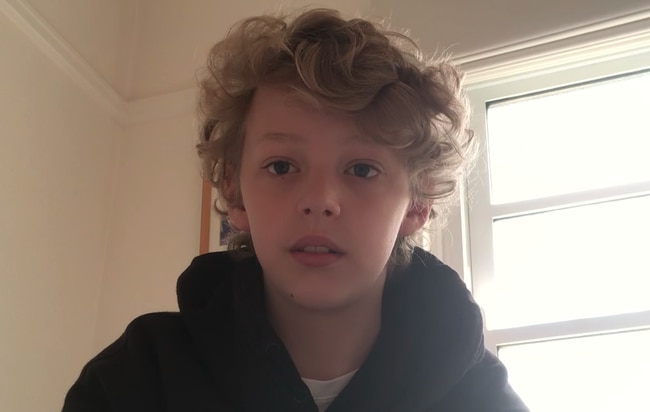
For Will Flanagan, a Year 5 student at Ainslie School in Canberra, it is all about consistently doing small things to save the planet.
“If I go into a room and it’s midday or if there is enough sunlight in the room already I don’t turn on the light,” he said.
“Turning off a light is like having a keep cup (reusable cup), over time it saves so much energy and is a small change that anyone can make to become more sustainable.
Lachlan Harris, a Year 6 student at Central Coast Grammar School in Erina Heights, turned his attention to the energy and agriculture industry.
“To help save our planet we can do three things,” he said.
“Energy companies should focus more on building wind and solar farms instead of coal plants. We need to help farmers focus on more sustainable agriculture and farming to help protect land, resources and species, and we can all find ways to use healthy sustainable energy and resources.”
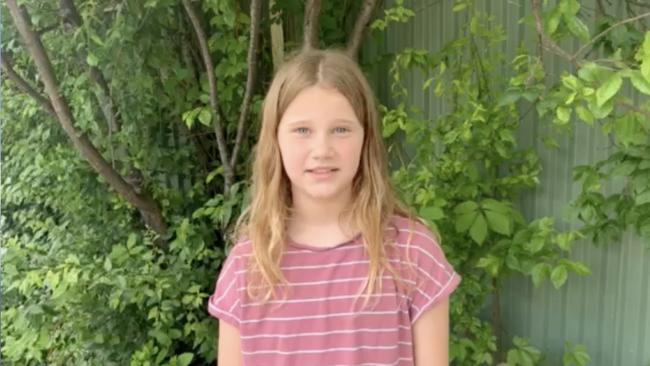
Meanwhile Ainslie School’s Year 5 student Alice Skinner said she reduces her carbon footprint by riding her bike and walking to school “most days”.
“I also reuse plastic cutlery from fast food restaurants to prevent them from going to landfill.”
April Murphy, a Year 6 student at Lakes Lakes Grammar and Anglican Grammar School, also said she tried to carry out small acts thsat would make a difference like turn lights off and encourage her parents to ger solar panels.
Today’s students are learning about the Australian curriculum’s sustainability priority, developed to help students understand the environment through three key concepts; systems, world views, and futures.
The curriculum priority aims to enable students to build a sense of responsibility, critical thinking and a willingness to make decisions that lead to action on climate change.
These concepts provide the opportunity for students to develop positive attitudes towards the planet as well as appreciation and respect for the Earth’s ecosystems.
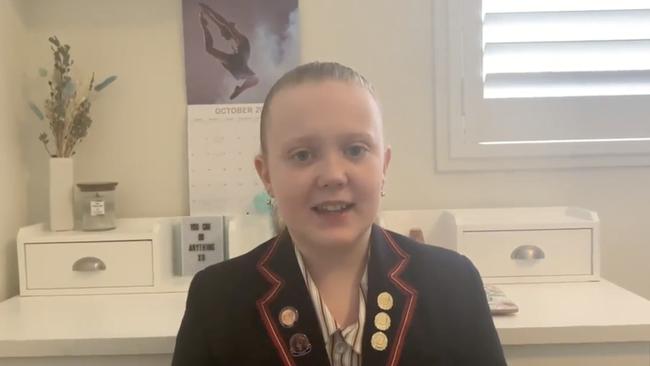
A NSW department of education spokesman said a sustainable innovative plan was in place to help schools reduce their power bills and carbon footprint, while curriculum had been implemented to teach children about the environment.
“The Sustainable Schools Grants Program is a $10 million investment over four years to support the implementation of projects that are linked to the curriculum and drive sustainable outcomes in schools,” the spokesman said.
“This includes initiatives that save water, plant more trees and gardens, reduce waste to landfill and enhance environmental education.
“Climate science is also included in the Kindergarten to Year 10 geography syllabus, Year 7-10 science syllabus and a Year 12 module in the Earth and environmental science syllabus.”
Alongside the Australian Curriculum, ACT schools have access to teaching units on sustainability developed by ACT Education Directorate’s Academy of Future Skills.
The units, aimed at students from Year 2 to 6, cover topics such as water conservation, sustainable homes and energy resources.
Canberra primary schools have also been acknowledged for trail-blazing climate change education.
North Ainslie primary school was awarded the 2020 Sustainable School of the year awards at the Actsmart Schools Award for encouraging sustainability projects at school.
Students from Kaleen Primary School created the winning video in Actsmart’s student led video competition.
In addition to the school curriculum, a spokesman from the ACT government said they were committed to providing healthy, comfortable and sustainable teaching and learning spaces to maximise learning outcomes.



